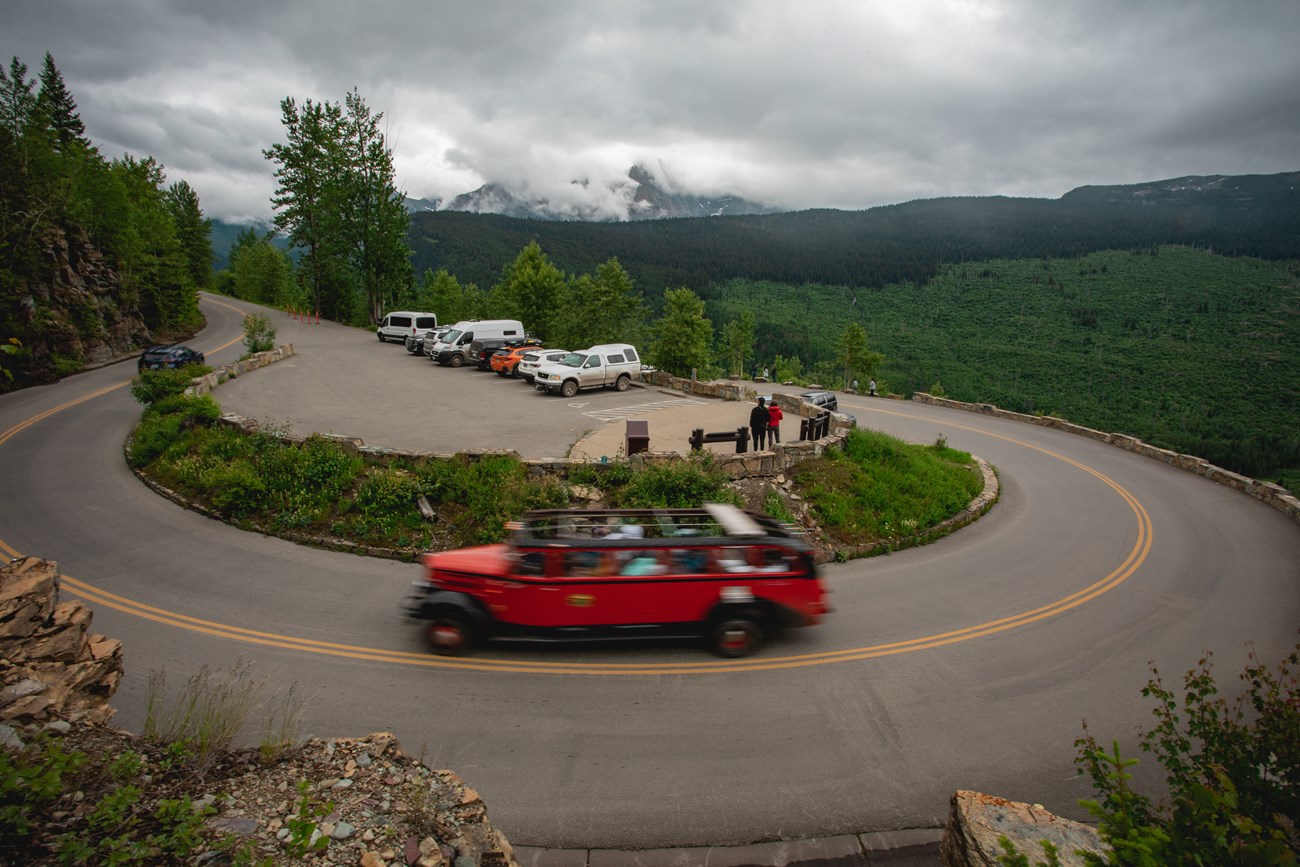Last updated: April 4, 2025
Article
Leading Cause of Death in National Parks

NPS Photo
Imagine winding through the golden autumn foliage of Blue Ridge Parkway or catching sunrise from Acadia's Summit Road. These unforgettable drives are at the heart of many national park visits—but they require your full attention and care.
Did you know? Every week someone loses their life in a vehicle crash on a national park road. Motor vehicle crashes are the leading cause of unintentional fatalities in national parks. These tragic statistics remind us that driving safely goes beyond watching your speed.
Your Safety Checklist for National Park Driving
Eyes on the Road, Not the View
Those breathtaking vistas and wildlife sightings make parks special but they're also potential distractions. Pull over for photo opportunities and sightseeing.
Embrace the Journey
National park roads are often intentionally designed to be experienced, not rushed through. Their narrower widths, slower speed limits, and unique curves are part of the experience. Travel at a relaxed pace to truly appreciate these historic byways.
Watch for Wildlife
Park animals may appear suddenly on roadways. Never feed wildlife from your vehicle. It's harmful to their health and encourages them to linger near dangerous roadways. Wildlife-related crashes in parks occur at twice the national average!
Buckle Up, Every Time
Seatbelts are mandatory in national parks and increase your safety dramatically. You're 30 times more likely to be ejected during a crash without one. Ensure all passengers, including children in appropriate car seats, are properly secured.
Zero Tolerance for Impaired Driving
Alcohol impairs your coordination and decision-making abilities. Have a sober driver if your group plans to drink. Open containers in vehicles are prohibited in national parks.
Respect Speed Limits
National park speed limits are deliberately lower to protect visitors and wildlife. Almost one-third of all crashes result from speeding.
Share the Road
Be especially watchful for pedestrians, cyclists, and motorcyclists. Give them extra space, check blind spots before changing lanes, and use extra caution during bad weather and at night.
